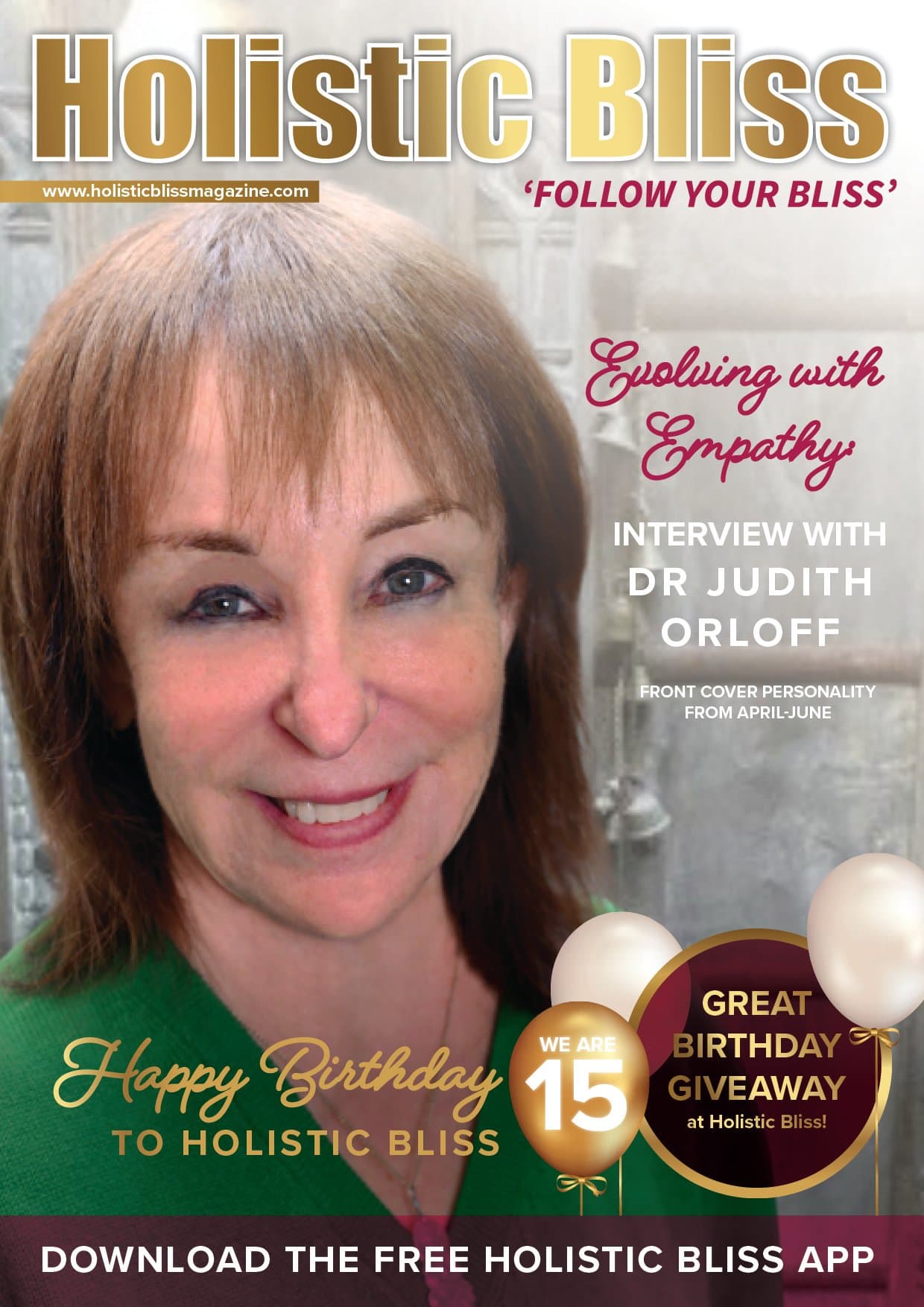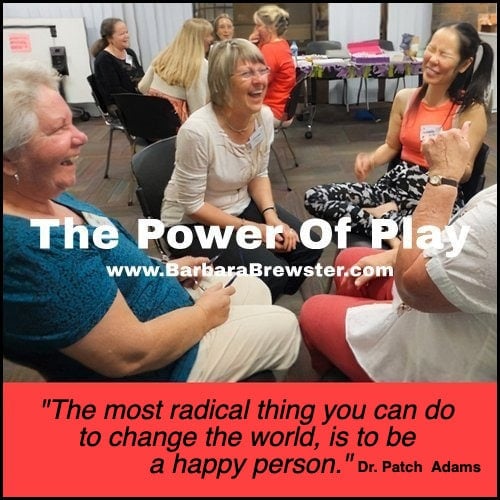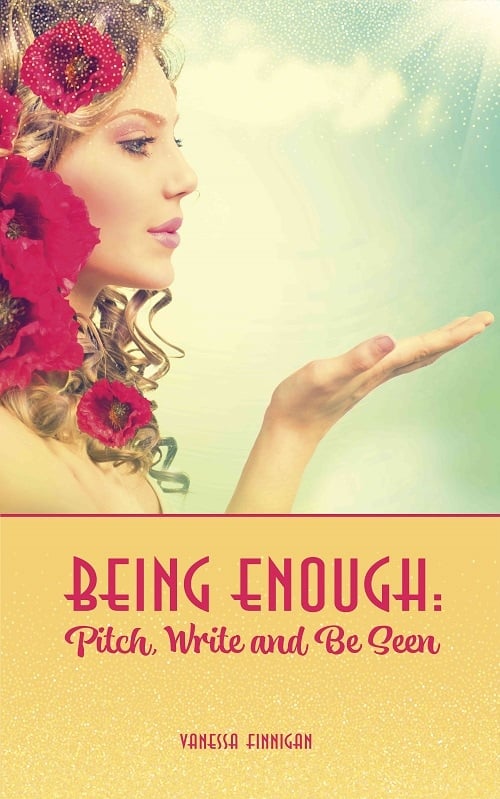In last month’s HBM article I shared how life events can cause us to feel miserable, to a point that we can no longer cope well. I also shared the understandable yet odd phenomenon we regularly seem to experience as a result: rather than seeing the life events as “the problem”, we tend to make the feelings and emotions we experience our problem-focal point. To put it differently: we often switch from seeing our reactions as “normal” and the life events as the cause of them, to seeing our reactions as “abnormal”, and the life events as unavoidable. In counselling, we then seek to “get rid of anxiety” or “not feel depressed anymore”, or whatever the mental-emotional state we are suffering from, in the hope that we can then deal with the life events better. Yet often these life events are what caused us to feel that way in the first place!
In ACT (Acceptance and Commitment Therapy) and Mindfulness-based approaches, the first focus is NOT on getting rid of feelings and emotions, or on minimising them. It is on grounding ourselves more firmly and being present with whatever “presents” itself. It’s like experiencing a storm; rather than focusing on making the storm go away, we can focus on steadying ourselves and holding firm, while we are being buffeted by the winds. This is a process called grounding.
There are many ways to ground ourselves; here are three of them I felt could be helpful. Steven Hayes, one of the developers of ACT, mentioned these a while ago in an email.
1 Notice the turmoil (i.e. the storm).
Notice that you are thinking and feeling “the storm”. You may worry about what is going to happen. You may have regrets about what happened in the past. You may be aware of tough feelings like powerlessness, regret, resentment, guilt, shame, anger, sadness and others. When they show up in combination, all at once, this may feel like something that blows you over. NOTICE that all this is happening; take one step away from it, and name it: “I am feeling …” [fill in what you are feeling]. Or stay with the analogy: “I am caught up in the storm”.
2 Go IN. Scary as this may be, connect with the feelings, emotions and thoughts.
Slow-the-movie-and-the-sound-down. Allow your whole experience to play in slow-motion. What are you thinking about this? Where in your body are you feeling this (literally!)? What else does that bring up? This step requires courage, as facing our thoughts and really “embodying” our emotions seems to make them flare up even more (that’s why we generally try to suppress them as hard as we can). In my counselling room, we would walk through this process together, and allow those embodied feelings, emotions, and thoughts to “be” there. I have tissues!
3 Go OUT. From here, redirect your focus on your external environment. Tune into the sounds around you; focus on what there is to see around you; get a waft of the smells around you; sample what you can taste; touch a few things and notice the texture. Become -as much as possible- fully engaged with the environment around you. You can even stimulate this by putting on some music, spraying something that smells nice, picking an object to focus on or touch, or by eating or drinking something mindfully. The idea is to come back “here”.
As Steve Hayes puts it: grounding doesn’t make the storm go away. It’s still there. What does happen is that we will become more and more able to steady ourselves and wait for the storm to pass. You are not resisting anymore. Another way to put it (as I once read) is: “Serenity is not seeking shelter from the storm; it’s finding peace within it.” Now that may feel slightly too optimistic, but the principle is sound: learning to weather the storms in our lives more effectively, will help us feel better in the long run, and become more resilient next time they happen.
There are many, many more things we can do, which we could talk about in-session; I would suggest starting here. Notice it and name it. Turn inward. Turn outward. And repeat if necessary.
I look forward to hearing your experiences with this.










Add comment